Tags
Antiochia, aristocracy, art, Cappadocia, Christ in Majesty, Christian, church, divine, dragon, Emperoro Diocletian, evangelists, facsimile, faith, folios, fresco, George of Cappadocia, Georgius, Goreme, Gothic rotunda, Gothic semi-Italic, holy, Il Bulino edizion d'arte, illuminated manuscript, illuminations, legends, Margherita, message, miniatures, Modena, monastery, monastery of Santa Maria Maddalena, mother, Olibrio, Pisanello, prayer, prefect, preghiera, rebellion, Roman, Roman Empire, Saint Anastasia, Saint Christopher, Saint George of Cappadocia, Saint Margherita of Antiocha, shepherdess, Syrian, Tiziano, torture, Turkey, vellum, vernacular, Verona, Veronese, Virgin Mary, virgine
Preghiera alla Vergine…
Modena: Il Bulino edizioni d’arte, 2007
Facsimile. This illuminated manuscript belonged to a young woman of the Veronese aristocracy. Produced on vellum in the second half of the thirteenth century, it is illustrated throughout with miniatures and consists of forty-two folios, or eighty-four pages. The first two folios are written in a Gothic semi-italic hand. The text is a prayer to the Virgin Mary and one of the oldest known prayers written in the Veronese vernacular.
The rest of the manuscript consists of the legends of Saint George of Cappadocia and Saint Margherita of Antiochia. The script for the legends is Gothic rotunda. At the end of the manuscript are two full page illuminations: Christ in Majesty surrounded by the four evangelists, and Saint Christopher.
A note of ownership indicates that the manuscript was entrusted to the Monastery of Santa Maria Maddalena in 1350. This monastery thrived between 1200 and 1300 as a harbor for young women.
Graphic miniatures illustrate the story of the tribulations of George of Cappadocia, from the time he declared to the Emperor Diocletian his Christian faith, until, after seven years of torture, he was beheaded for not recanting. The story ends with an illumination for which this legend is best known: St George astride a horse, piercing with a lance a dragon led on a leash by a princess. In 1435 the painter Pisanello used this subject on his fresco in the church of Saint Anastasia in Verona. Georgius (ca. 275-23 April 303), born of a Roman army officer from Cappadocia (present-day Turkey) and a Syrian mother, served as an officer in the Roman army.
The legend of the holy Margherita, a shepherdess of Antiochia, tells the story of the prefect Olibrio, who falls in love with Margherita. Her refusal of his advances was deemed an act of rebellion against the Roman Empire. Margherita was tortured and beheaded. Her story became a favorite subject of Christian art, in both the East (tenth century frescos adorn a church in Goreme, Cappadocia) and in the West, including a painting by Tiziano in 1550.
The manuscript is an exceptional example of early interconnection between text and illustration, as small paintings weave in and out amidst the written word. This interplay of text and image was used as an instrument in helping the viewer, if not the reader, comprehend the divine message.

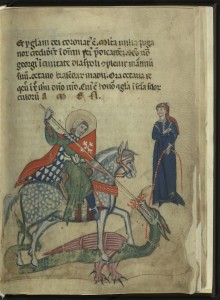

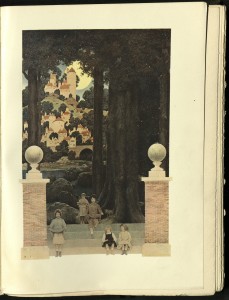
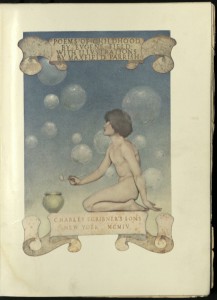
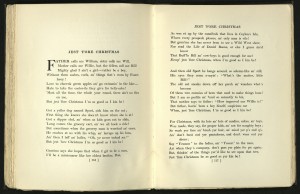
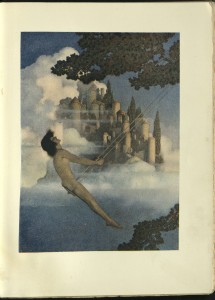
You must be logged in to post a comment.